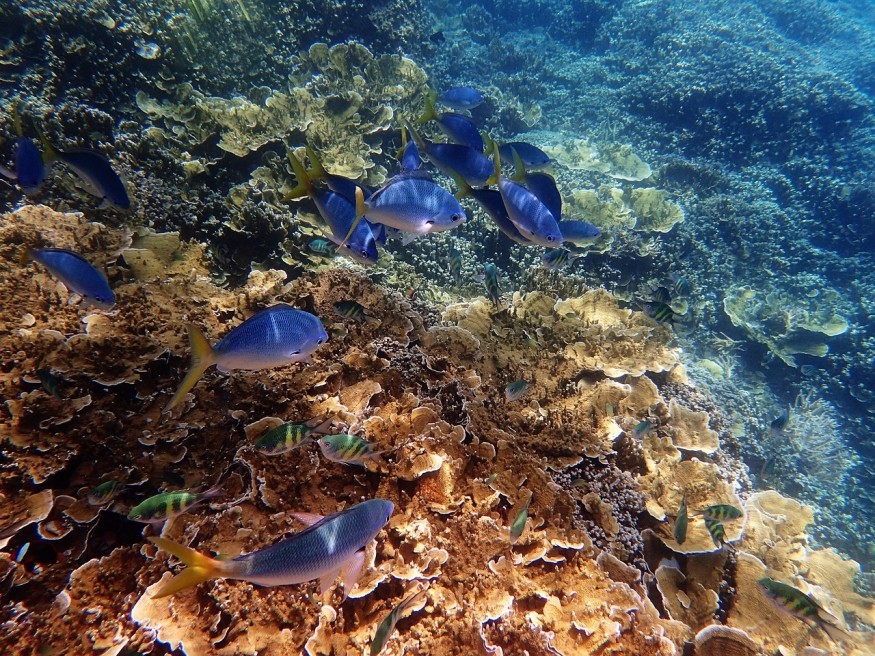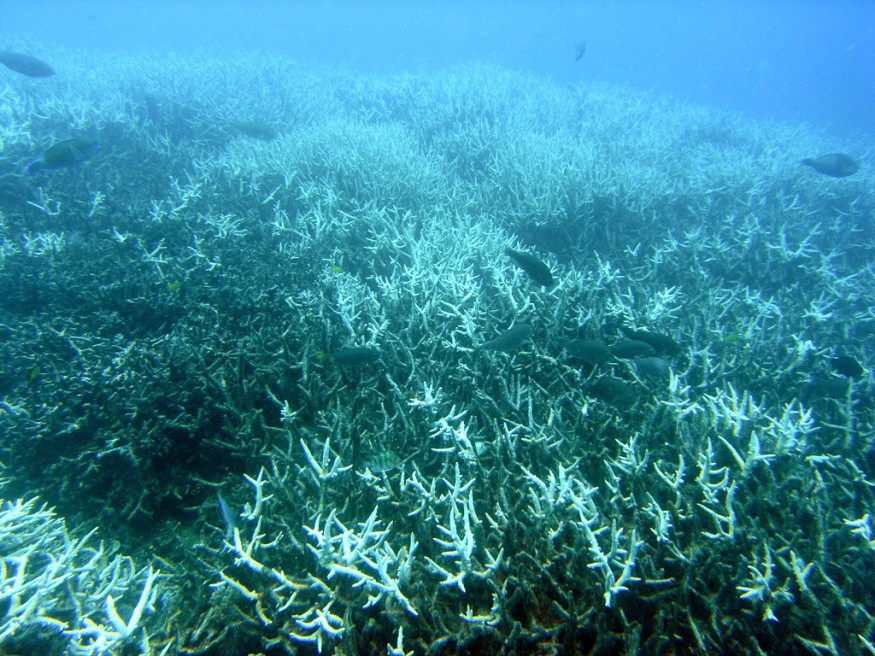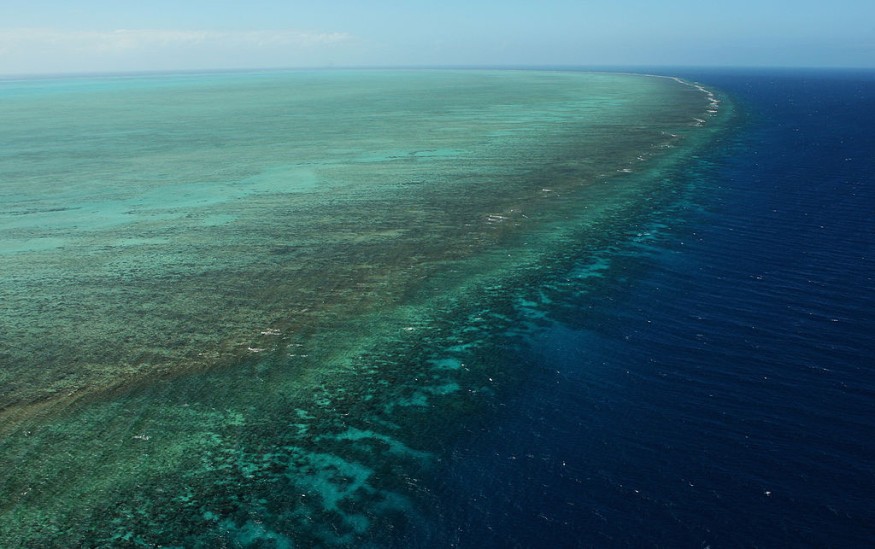The Australian government lobbied the Intergovernmental Panel on Climate Change, the world's premier climate scientific body, to modify the wording of a critical study, claiming that the Great Barrier Reef is not presently in danger.

It has generated charges that the Morrison administration was unscientific in its approach.
Furthermore, it attempted to downplay the already-existing damage caused by global warming to avoid further cuts in greenhouse gas emissions.
IPCC Report

The IPCC's most recent major report, published last week, featured a section titled "The Great Barrier Reef is in Crisis."
According to the report, climate change has already had a significant impact on the world's biggest coral reef, notably ocean warming, which has resulted in more frequent and severe coral bleaching.
The 2,300-kilometer reef system has seen widespread bleaching in three of the last six years.
France and other Caribbean island governments, notably Trinidad and Tobago, opposed the idea, which Guardian Australia independently confirmed, claiming that coral reefs were already deteriorating.
By consensus, the original phrasing was kept in the final report.
Imogen Zethoven, the head of Blue Ocean Consulting and an adviser to the Australian Marine Conservation Society, said the reef's trajectory was terrible and that the government's effort to exclude it from the IPCC report was "unscientific."
"Scientists have indicated the Great Barrier Reef is in crisis, and there's a lot about it in the study," she added. "However, the government has denied the Great Barrier Reef and coral reefs throughout the globe are in crisis. "Anything else than saying that coral reefs are in peril is lying."
IPC vs Australia
Some IPCC experts emphasized that the Australian government eventually agreed to the summary report's final phrasing and 194 other nations.
Negotiations over the wording, they claimed, were standard procedure.
Bill Hare, the chief executive of Climate Analytics and a former lead author for the IPCC, said the Morrison government's move to amend the phrasing was similar to prior attempts to downplay the reef's vulnerability.
"The notion that the reef isn't in danger yet is essentially incorrect, but it's emblematic of what the Australian government has been doing," Hare said. "This is merely the most recent version."
Last year, the Australian government attempted to obstruct the adoption of a Unesco proposal that nations should endeavor to limit global warming below 1.5 degrees Celsius to safeguard world heritage sites like the reef from the effects of climate change.
According to Hare, Australian government representatives also failed to tone down a part of the IPCC report that said that ecosystems, including certain warm-water coral reefs, had already reached or exceeded "hard adaptation limits" where they had little potential to adjust to additional warming.
He said that the final study, which included hundreds of peer-reviewed scientific papers, effectively stated that coral reefs were "on the verge of extinction."
According to the report, there was "extremely high confidence" that several natural systems in Australia, particularly the Great Barrier Reef, had already undergone irreversible damage.
Environmental Harms

Heatwaves, droughts, floods, storms, and fires, all worsened by emissions, were found to be causing mortality, injury, and financial and emotional stress, with their effects "cascading and compounding" across Australia's nature, society, and economy.
The Morrison administration has defied international and internal pressure to raise its six-year-old goal of lowering emissions by at least 26% below 2005 levels by 2030.
According to official forecasts, the country will reduce emissions by 30%.
Scientists say that this is incompatible with the government's commitment to keeping global warming well below 2 degrees Celsius, which is made at the historic 2015 Paris climate summit.
A spokesman for Australia's environment minister, Sussan Ley acknowledged that the country had tried to amend the report's language and that the request "was both science-based and accurate, in keeping with standard practice."
"We fully acknowledge that global climate change is the greatest threat to the world's reefs," added the spokeswoman.
In January, the Australian government pledged an additional $1 billion in financing for Great Barrier Reef conservation programs over the next ten years.
Based on the report, more than half of the money would be spent on improving water quality, particularly reducing pollution from agriculture.
In January, the government committed an additional $1 billion in financing for Great Barrier Reef conservation programs over the next decade.
According to the report, more than half of the money would go toward improving water quality, particularly reducing pollution from agriculture.
The second section of the IPCC's sixth major assessment of the climate catastrophe was published this week.
It discovered that human-caused global warming generates serious and widespread disturbance, with many of the consequences projected to be more severe than previously thought.
In addition, it said that if sufficient preparation was done, there were solutions to mitigate the effects, but adaptation progress was unequal.
Coral Reefs
Coral reefs are expected to collapse by 70% to 90% of global warming exceeding 1.5 degrees Celsius, according to a 2018 IPCC assessment.
More than 99% of coral reefs are expected to perish if global temperatures rise by 2 degrees Celsius. Global average temperatures have already risen by around 1.1 degrees Celsius.
Last year, the Australian government successfully pushed against UN scientific advice that the reef is included in a list of endangered world heritage sites.
A 21-country global heritage committee will revisit the reef's condition in June.
For more Environmental News, don't forget to follow Nature World News!
© 2026 NatureWorldNews.com All rights reserved. Do not reproduce without permission.





